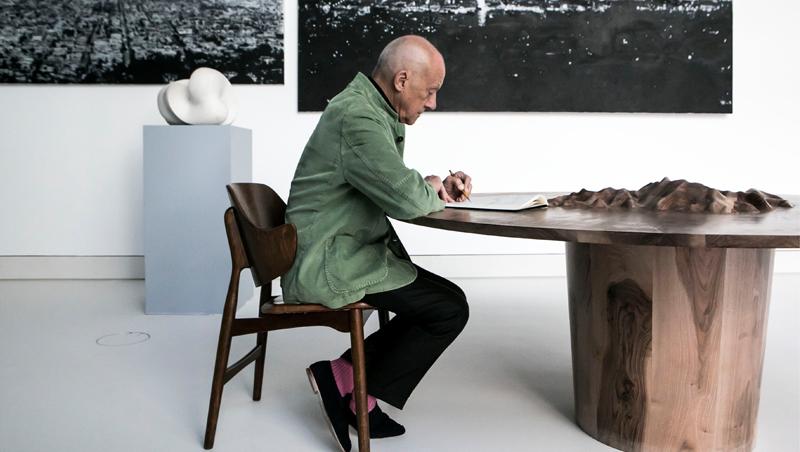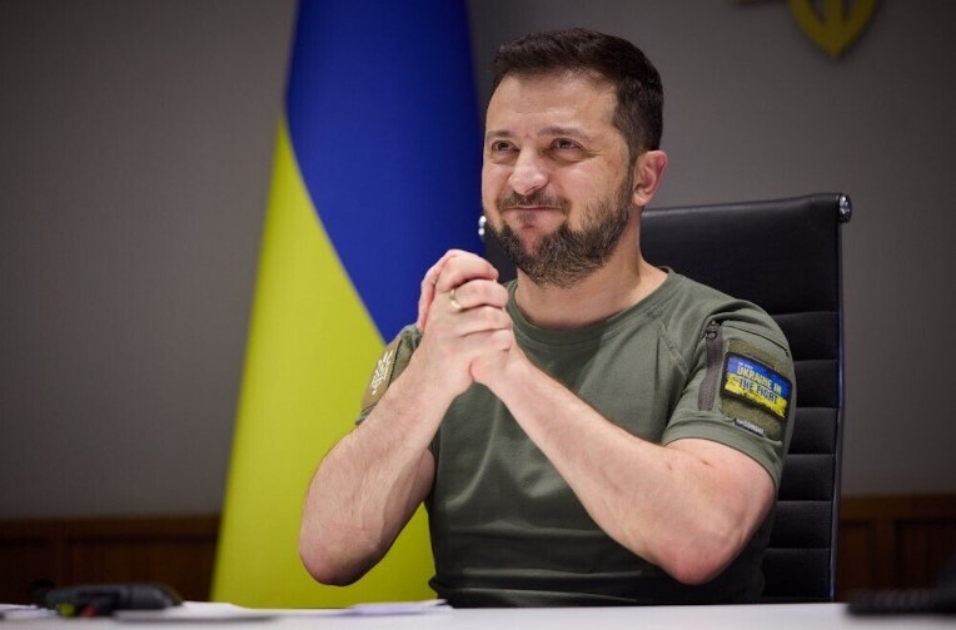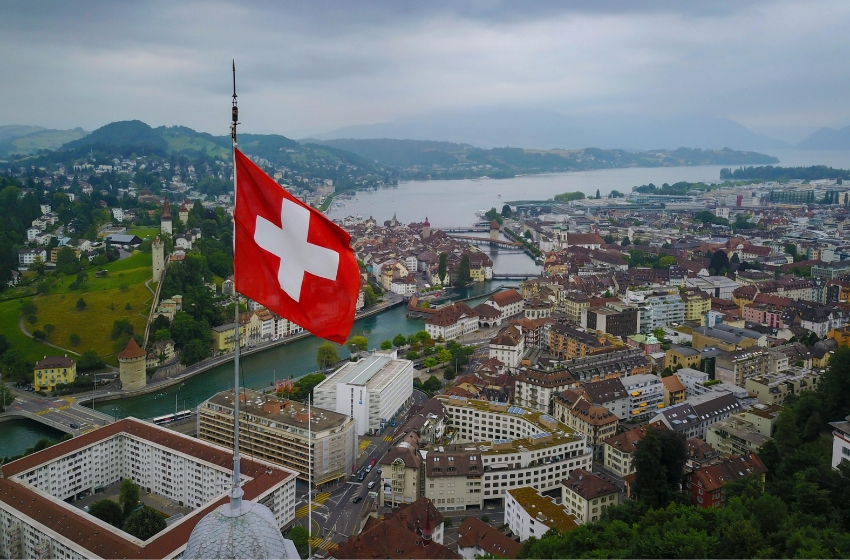Kharkiv mayor Igor Terekhov discussed the city's reconstruction after the war with the architect, Lord Norman Foster.
Photo courtesy of Norman Foster Foundation
Also, representatives of the Norman Foster Foundation, Harvard and Oxford Universities, People's Deputy of Ukraine Igor Abramovich took part in the online meeting. The call was organized with the support of the UN Economic Commission for Europe Secretariat.
Igor Terekhov said that about 25% of houses in Kharkiv were destroyed. The Russian army destroyed many administrative buildings, houses in the city center, and residential neighborhoods, among which Pyatikhatki, Rogan, and Northern Saltovka were significantly affected.
According to him, only recently, three medical institutions were shelled in the city. Therefore, after the war, Kharkiv will need new social facilities - hospitals, schools and kindergartens. In addition, the buildings themselves must be modern and safe.
“Much attention should be paid to the design project so that micro districts differ from each other. Latest developments, energy-saving technologies. We need bomb shelters, dual-use underground parking lots,†the mayor said.
Igor Terekhov also emphasized that Kharkiv is a city of IT technologies, so the new Kharkiv needs modern design projects. There are also plans to build a European-level city center.
“We want to create industrial, high-tech parks to restart the economy of the city and Ukraine,†the mayor said.
In addition, he added that Kharkiv needs multi-level interchanges, bike paths and new recreation areas, parks, and squares.
According to Norman Foster, he has already created a project plan for the city's manifesto, which, of course, will still be corrected.

“I am committed to gathering the best minds with the best planning, architectural, design and engineering skills to revive the city of Kharkiv. In the spirit of combining planetary awareness with local action, I have sought to combine the best Ukrainian talent with global experience and advice.
The first step is to make a master plan of the city linked to the region, to combine the most beloved and revered heritage of the past with the most desirable and greenest elements of infrastructure and buildings - in other words, to create the city of the future now and plan your life for decades to come.
Amid the pandemic, London updated its master plan, which was based on a plan commissioned during the darkest days of World War II. A master plan is an act of confidence in the future for future generations,†said Norman Foster.
People's Deputy Igor Abramovich, in turn, stressed that, as a Kharkiv citizen and parliamentarian, he would make every effort to ensure that after the war the restoration of Kharkov took place as soon as possible.
.





















